183 companies on Planet 2021 expo in Budapest – PHOTOS

The world must take action “globally as well as locally”, President János Áder said at the Planet Budapest 2021 sustainability expo and world conference on the event’s second day on Tuesday. “Global action can be successful through the deeds of nation states,” he said in his address to the event.
The decades-long motto of “think globally, act locally” was no longer enough, Áder said. It should be changed to “act globally, act locally”, he added.

People from 120 countries are at the conference in Budapest over the next few days to discuss climate change, the impending water crisis, measures to protect biodiversity and build a circular economy. On the conference’s agenda are the threats as well as opportunities generated by climate change, the dichotomy of energy security and political stability, financing circular and green economies, water and food safety, rapid technical developments in transport as well as waste management, the president noted.
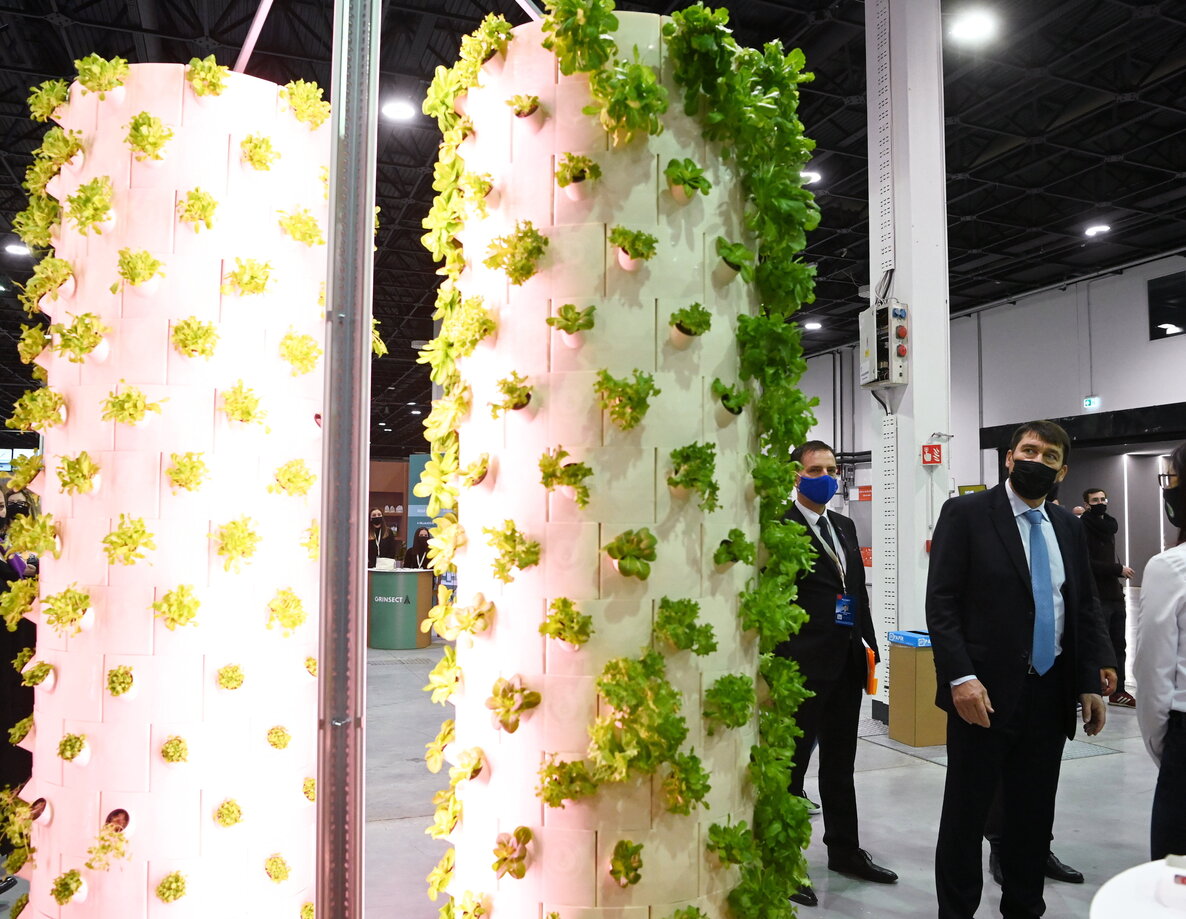
Áder highlighted Hungary as
one of ten European Union countries to have reduced carbon-dioxide emissions by over 30 percent since 1990.
Fully 70 percent of Hungary’s electricity is carbon-emissions free, while the country has doubled its woodlands in the past 100 years, he said. The world’s most developed countries (G20) “may have similar indicators”, he added.

The president warned that a single centimetre layer of fertile soil took one or two centuries to develop, while “in just a few years we make the soil infertile by using bad technologies and through greed”. Only 0.7 percent of the world’s non-frozen reservoirs contain clean freshwater, while “mankind is constantly polluting”.
The sustainability expo held simultaneously with
the conference offers products by 183 Hungarian, Polish, Czech, and Slovak companies in connection with sustainable food production, water management, energy supply, transport, urban development and waste management, Áder noted.
The products are aimed at reducing man’s carbon footprint and the energy consumption of buildings and transport emissions, saving arable land and improving the fertility of the soil and its water retention, as well as preventing food waste.
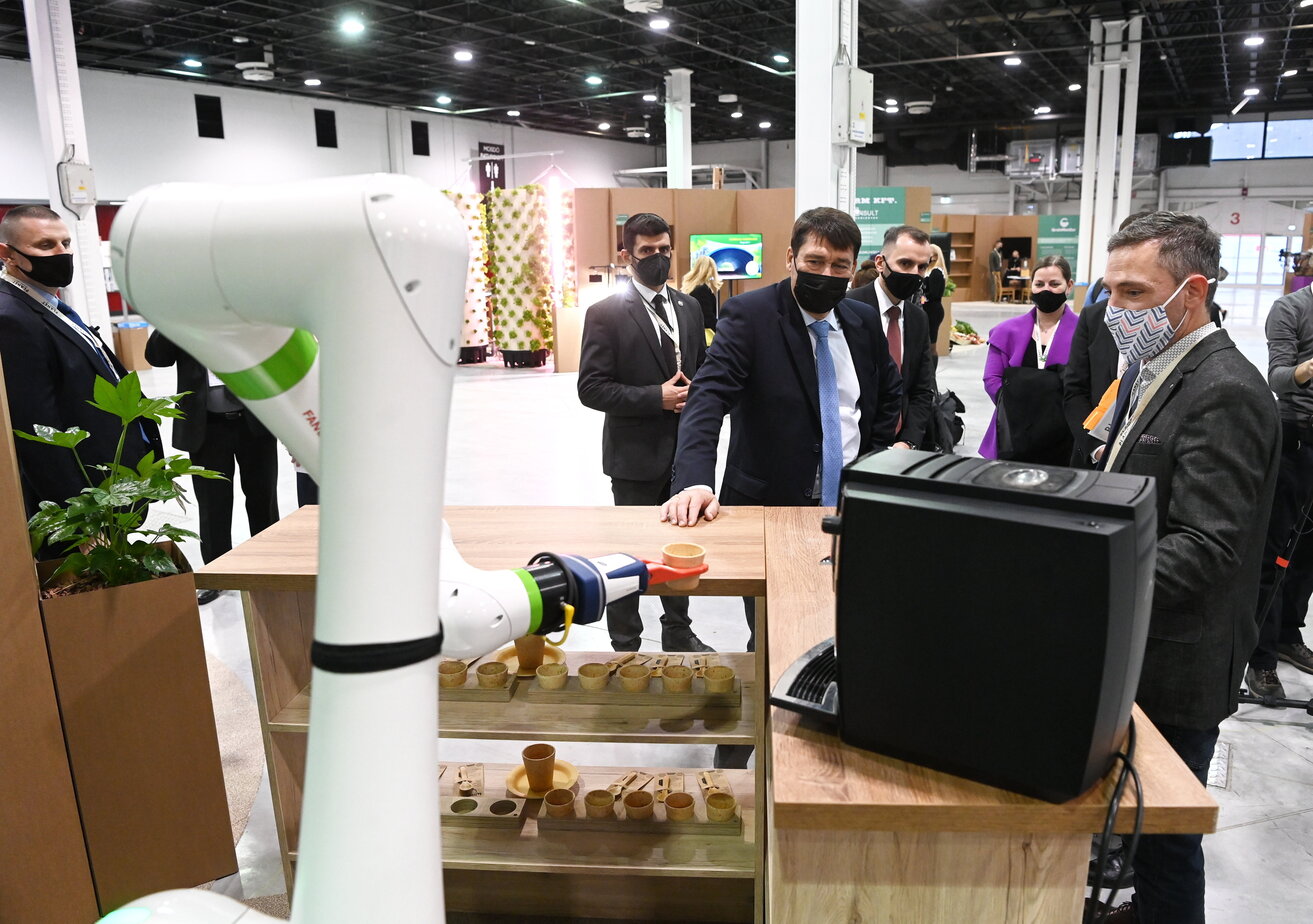
Concering Hungary’s contribution to common goals, Áder said the country will shut down its sole remaining coal-based power plant between 2025 and 2030, reducing Hungary’s carbon emissions by a further 10 percent. By 2050, the country will have increased its wooded areas from the current 22 percent to at least 27 percent, he said, adding that the capacity of solar plants will have doubled from the current 3,000MW by 2030, while
all municipal transport buses will be electric.
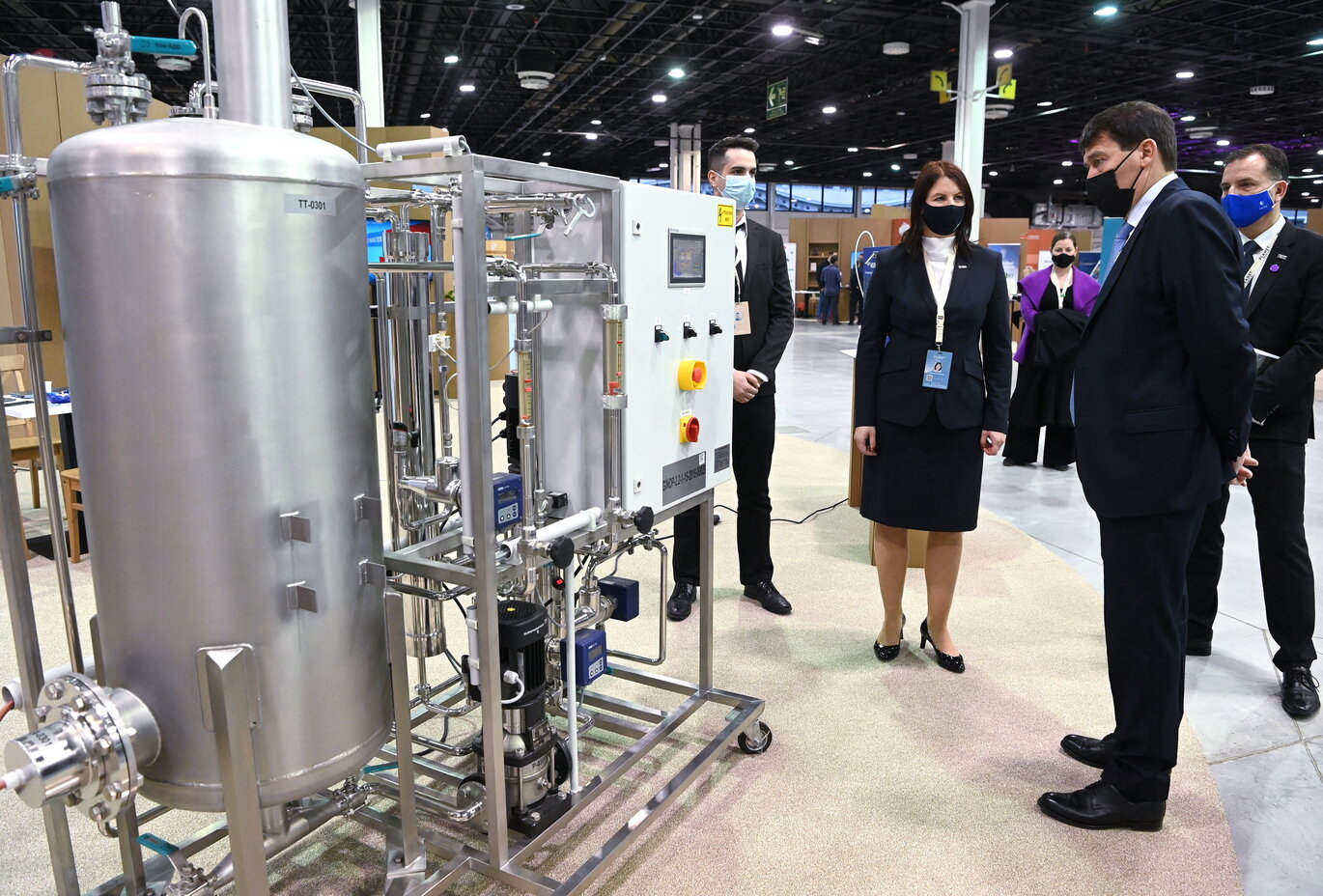
The government has also set the goal of not leaving any sewage untreated by 2030, he said.
The president also noted the recently opened Mura-Drava-Duna Biosphere Reserve of 1 million hectares, set up in cooperation with 5 neighbouring countries, as well as the introduction of sustainable development as a subject in Hungarian secondary schools.
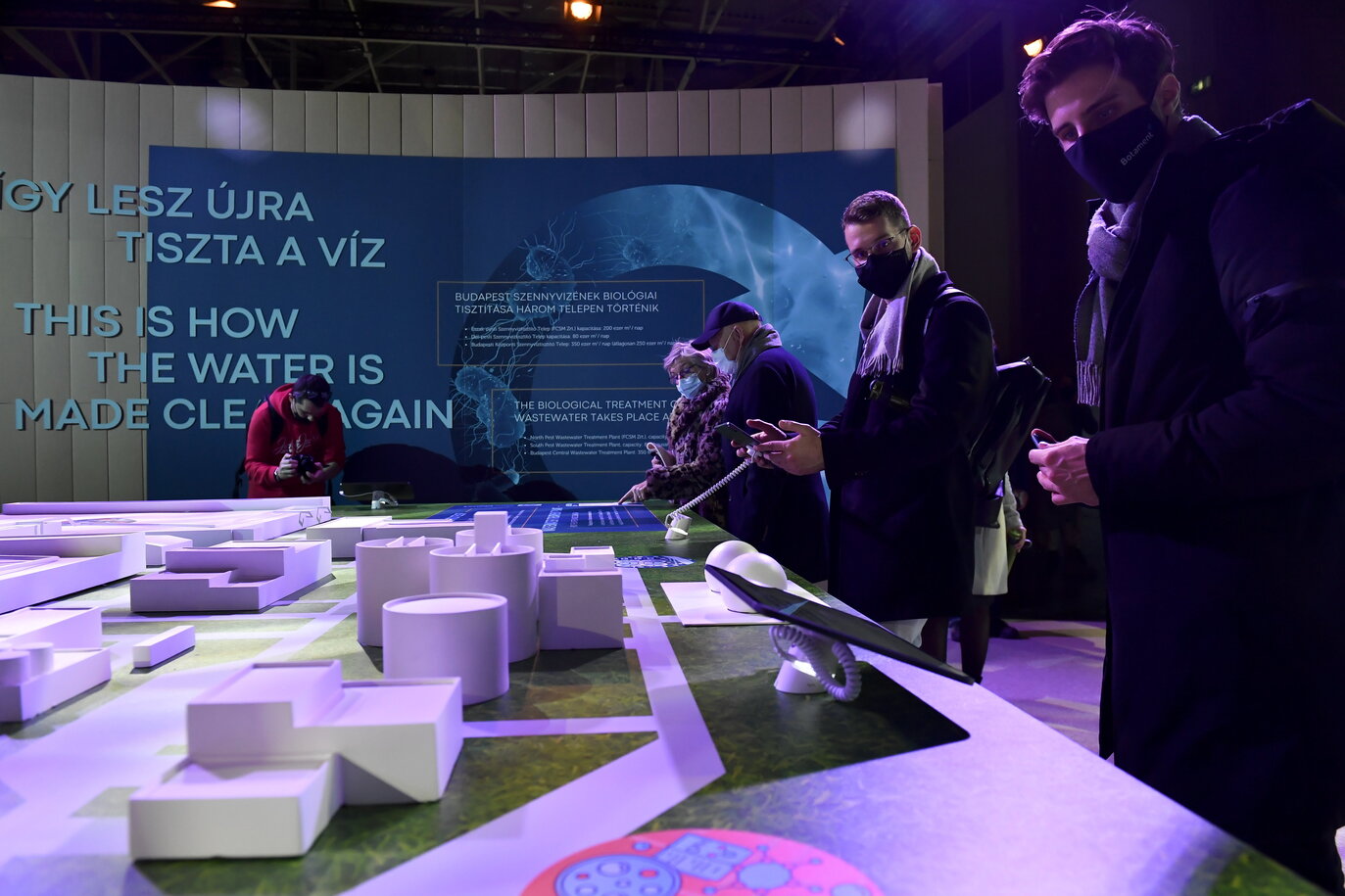
Cooperation in the Visegrad Group is setting an example in sustainability that the European Union should follow, Polish President Andrzej Duda said at the Planet Budapest 2021 sustainability expo and world conference on Tuesday. Duda said cooperation in regional partnership enabled the participants to successfully cope with current challenges.
“Effective efforts for sustainable development made by the V4 countries also inspire others to improve quality of life in society,” he added. He said he was pleased to see that the V4 countries were on a common platform with ever greater frequency as regards the most important topics.
“Effective efforts for sustainable development made by the V4 countries also inspire others to improve quality of life in society,” he added. He said he was pleased to see that the V4 countries were on a common platform with ever greater frequency as regards the most important topics.
“As the Visegrád Group is celebrating its thirtieth anniversary,
there is clear evidence that the V4 is the fastest developing region in the EU, narrowing the gap economically as well as giving impetus to growth and helping European developments return to the right path,” he added.
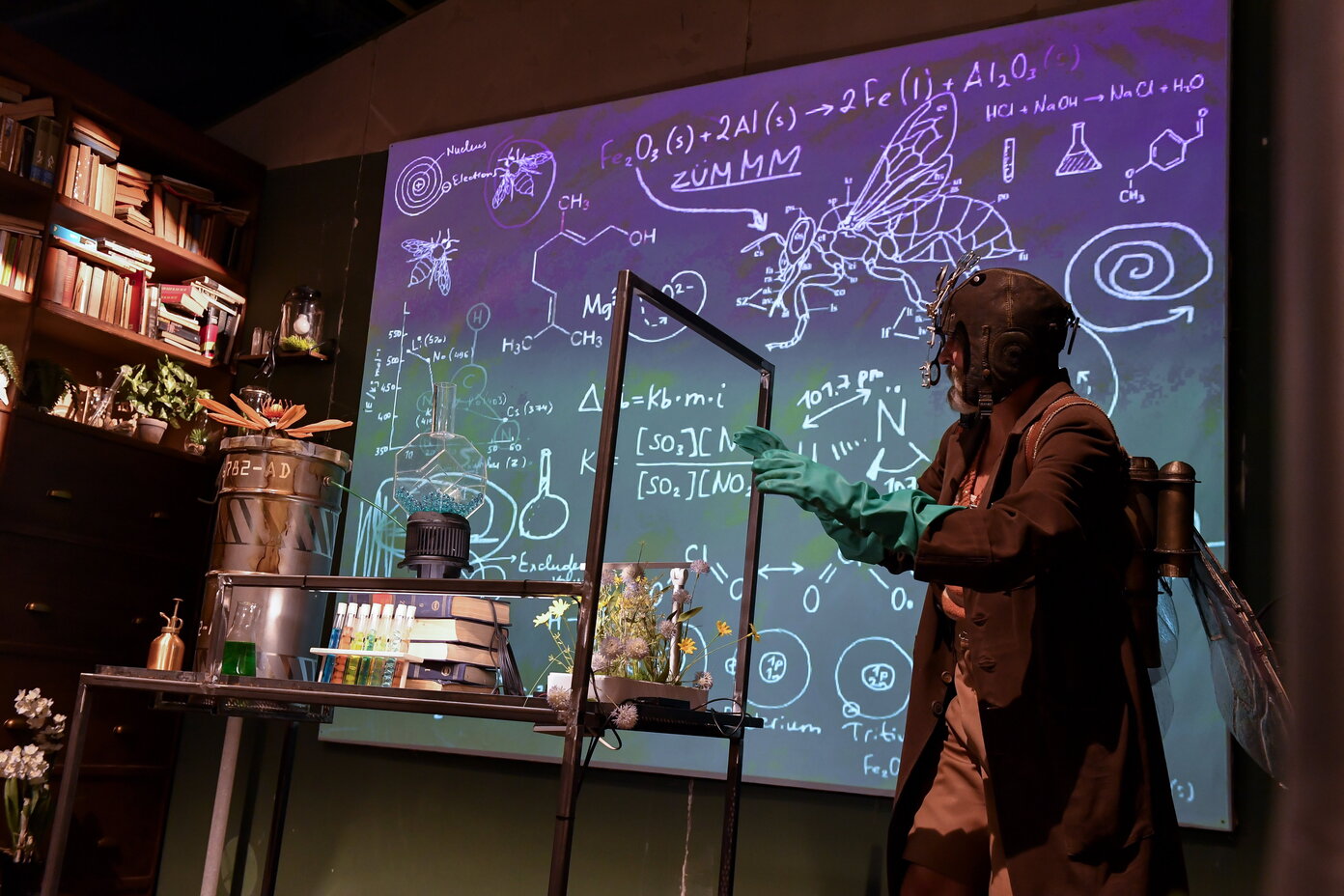
Also, in a video message sent to the same event, Slovak counterpart Zuzana Caputova talked about the importance of global action. Caputova said the pandemic was also a reminder of how ecosystems were interlinked and “our actions can upset natural equilibria”. “We are only one month past the Glasgow climate summit and we must maintain pressure and make efforts to reduce our global climate footprint,” she said. “Sustainable development requires global action, which also applies to the largest emitters,” she added.
Caputova said the planet and democracy must be protected to ensure long-term sustainable development.
Source: MTI





